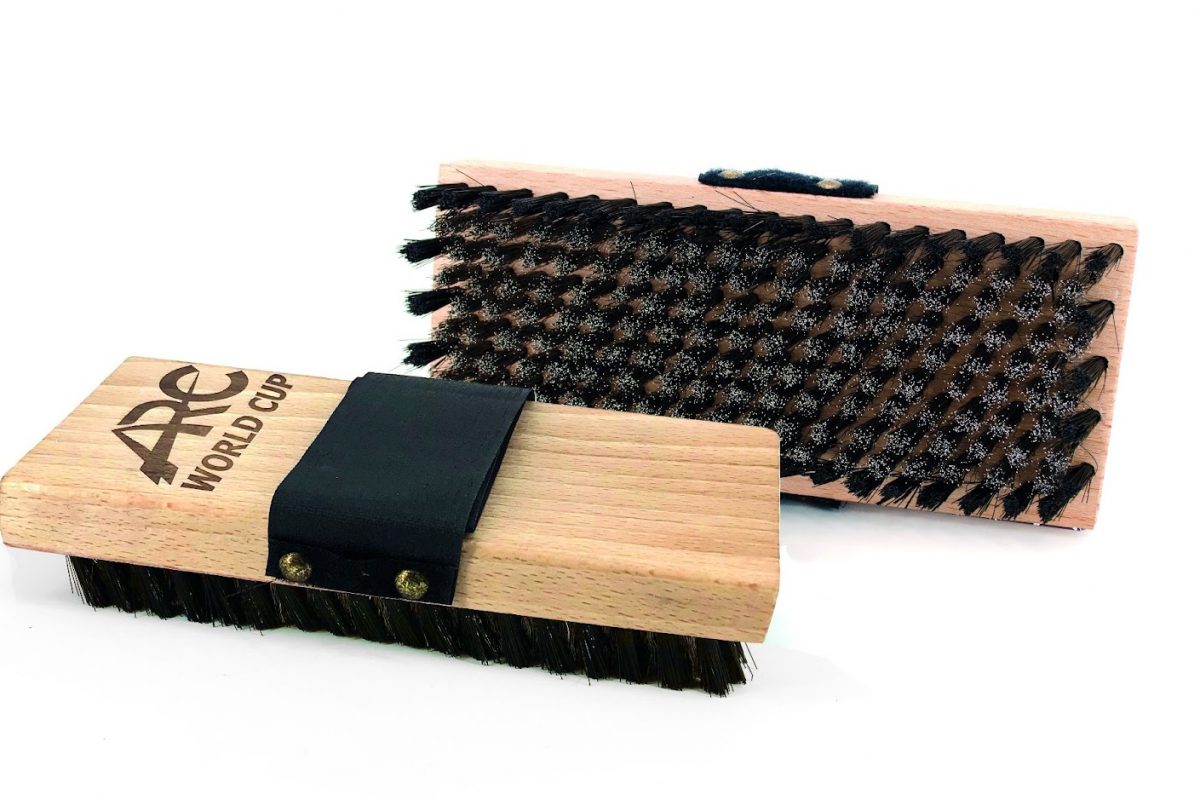In early July, Marc-André Bédard’s brother called him up, urging him to try a Spartan Race.
Simon Bédard, of Montreal, had just finished one the 5 k trail challenges in Ottawa. He had heard of a $20,000 reward for outrunning the series’ reigning champ, Hobie Call, and figured his brother, Biathlon Canada’s 2008 athlete of the year, could beat him.

While training with the national team in Canmore, Alberta, the 2010 Olympian looked into it.
“I was like, ‘This is no joke,’ ”Bédard said after researching the Spartan Beast Race in Killington, Vt. “I’ve done races where if you win, you get big money, but never that big.”
He convinced his girlfriend, Claude Godbout, also on the Canadian biathlon team, to sign up with him. Their coach, Jean Paquet, knew they registered, but they spared him the details.
“He was fine with it,” Bédard said in a recent phone interview between training sessions in Jericho, Vt. “It was like, ‘No problem, but don’t go crazy with it because it’s not our sport; it’s not what we train for.’ ”
After watching videos on the Spartan Race website, Bédard had an idea what was coming: several obstacles over a long mountain course. The challenges, however, were kept secret, as was the distance of the race. They could expect to run 10-12 miles over rugged terrain and alpine ski trails, swim across a pond and dodge blows in a gladiator pit.
The two 25-year-olds drove seven hours from Quebec City for the Aug. 6 race, setting clear intentions before the start. Above all, they didn’t want to get hurt. They aimed to have fun, and in the end, “compete: but only if goal number 1 and 2 are achieved first,” Godbout wrote on the Spartan Race blog.
Fewer than three hours after the elite mass start, after jumping fires and covering some 13 miles of trails, Bédard emerged as the overall race winner. Muddy and cramped up, he was second to cross the finish, but the first man – a Montreal triathlete named Julien Dorais – missed a few obstacles and had to go back.
Following Bédard’s winning time of 2:56.09, Godbout was the second female in 3:53.51. Both received Spartan helmets from the film “300,” Bédard said, with his valued at $500. There wasn’t any prize money for beating Call, who fell behind with an injury, since Call dropped out of a previous race. Regardless, Bédard gushed about his award being his best yet and both were pleased with their success.

“I’ve being doing races since I was six years old,” Godbout said. “That was the hardest one I’ve done.”
“We weren’t used to … (the) swimming and the obstacles and all this,” she added. “Everything was new. It was fun from the beginning until the end.”
Bédard said he raced as fast as possible, especially on the downhills, while being careful enough.
“We’re not supposed to do anything extreme,” he said of their national-team obligations. “We’re lucky in a sense that nothing happened. It’s a thin line between too dangerous and too tough. I had trouble walking after that for four days, so it was tough to come back to training.”
Two days after the race, they jumped into biathlon-specific workouts with the team. Bédard said their coach wasn’t overly sympathetic to their soreness, yet they managed to log some 15 hours of training that week.
Rollerskiing with the Canadian cross-country ski team in Jericho, Bédard said the race’s effect had not yet worn off. The Spartan series gave them free race entries and invitations to the Spartan championship and next year’s Death Race.
While tentative to commit, Bédard said he hoped to do more races like it in the future. “It’s something you have to do in your life,” he said. “Not always as a competition, but just to finish that thing is really mentally and physically relieving.”
For him, the training wasn’t especially different. He worked out at the gym for several hours each week and supplemented ski training with long trail runs. Out in the woods, he tossed sticks at targets to prepare for the anticipated spear throw. It turned out to be one of the last challenges, which he aced.
“I’ve been on the national team for a long time,” Bédard said of his tenure with the team since 2000. “I need, at least once a year, to race something else. Even if I do a kayak race, it will be good for me.”
But the Spartan Race was a beast of its own. “It was one of those things that I didn’t know what I was getting into and it looked like it was less tough,” he said.
“It’s really big because it’s not our sport … (but) it’s something people can relate to,” he added. “It’s easier to understand the level of training that we do. To say that we finished in the 20th in the (biathlon) training that we did today; they don’t get it. “We’re not doing this for the fame or anything, but really, it gives good publicity for the biathlon.”
Alex Kochon
Alex Kochon (alexkochon@gmail.com) is a former FasterSkier editor and roving reporter who never really lost touch with the nordic scene. A freelance writer, editor, and outdoor-loving mom of two, she lives in northeastern New York and enjoys adventuring in the Adirondacks. She shares her passion for sports and recreation as the co-founder of "Ride On! Mountain Bike Trail Guide" and a sales and content contributor at Curated.com. When she's not skiing or chasing her kids around, Alex assists authors as a production and marketing coordinator for iPub Global Connection.




